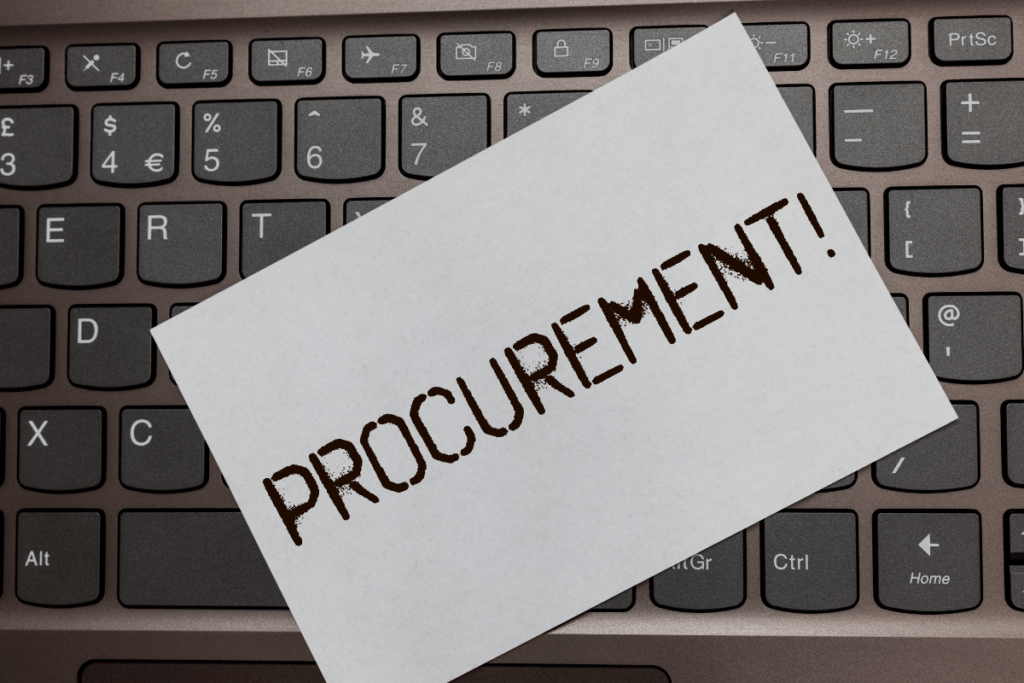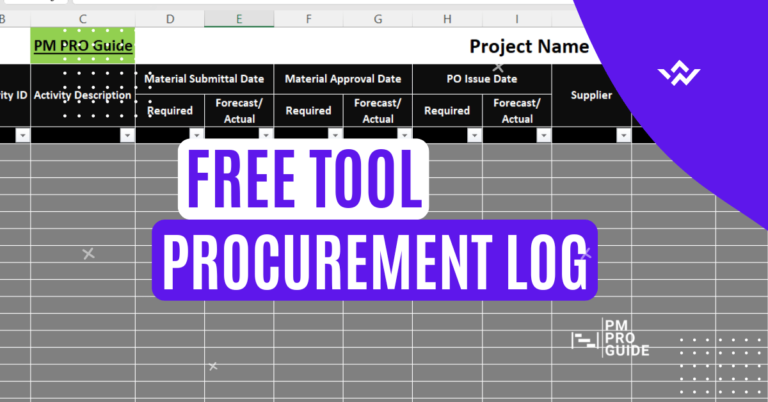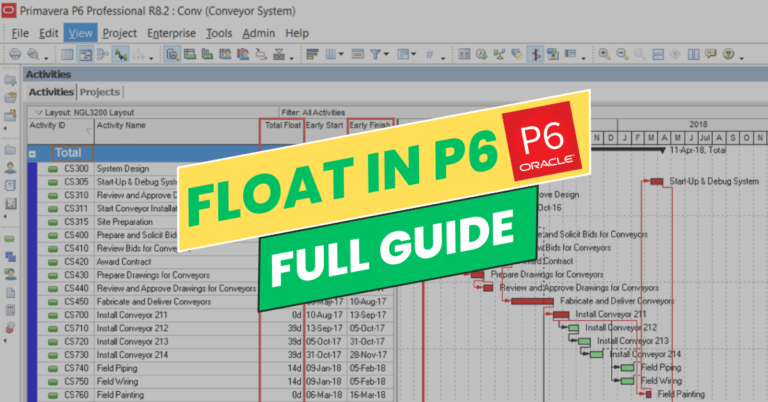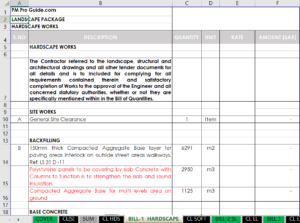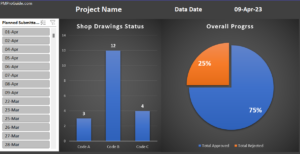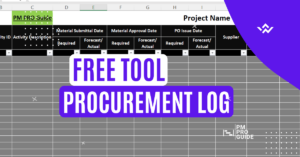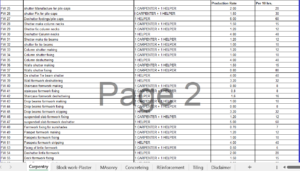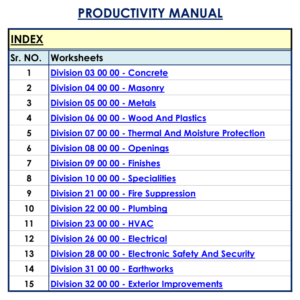Table of Contents
Introduction
Procurement engineering is a vital component of construction projects, responsible for managing the purchasing and delivery of materials and equipment needed to complete the project. The procurement engineer is responsible for identifying vendors, negotiating contracts, and ensuring timely delivery of materials to the job site.
In today’s competitive construction industry, successful completion of a project depends heavily on efficient procurement management. Inefficient procurement can lead to delays, cost overruns, and ultimately project failure.
As such, procurement engineering is becoming increasingly critical for construction companies to stay competitive and achieve successful project outcomes. It is a complex and challenging field that requires a unique combination of technical and interpersonal skills.
Understanding Procurement Management
Procurement management involves acquiring goods and services from external sources to fulfill the requirements of a project. The procurement process is a critical element of project management as it involves the selection of appropriate vendors, negotiation of contracts, and timely delivery of materials and equipment to ensure project success.
In construction projects, the procurement process is particularly challenging due to the complexity and diversity of materials, equipment, and services required.
Procurement managers must have an understanding of the construction industry and be able to manage multiple procurement activities simultaneously.
The procurement process typically involves several stages, including identifying project requirements, identifying potential suppliers, soliciting bids or proposals, evaluating proposals, and negotiating contracts.
Effective procurement management requires the ability to plan and execute procurement activities efficiently, effectively, and in compliance with relevant regulations and policies.
Failure to effectively manage procurement activities can result in delays, budget overruns, and even project failure. Therefore, it is essential for project managers to ensure that the procurement process is properly managed and that procurement activities are conducted in a transparent and ethical manner.
Procurement Engineer Job Description
Procurement Engineering is the process of managing the acquisition of goods and services required by an organization to carry out its operations.
A procurement engineer is an expert in procurement management, who has a solid understanding of the procurement processes and principles, and possesses excellent negotiation and communication skills.
As a Procurement Engineer, the responsibilities are varied and complex. One of the key responsibilities of a procurement engineer is to ensure that the procurement process is carried out in compliance with the organization’s policies and procedures, and that the procurement activities are carried out in a timely and efficient manner.
They are also responsible for developing procurement plans, identifying potential suppliers, negotiating contracts, and managing supplier relationships.
The duties of a Procurement Engineer can vary depending on the organization and the nature of the projects they are involved in.
However, some common duties include conducting market research to identify potential suppliers, evaluating supplier proposals, negotiating contracts and pricing, developing and implementing procurement policies and procedures, and tracking supplier performance.
To become a successful Procurement Engineer, one needs to possess a range of skills, including strong analytical and problem-solving abilities, excellent negotiation and communication skills, a thorough understanding of procurement principles and practices, and the ability to work well under pressure.
It is also important to have knowledge of procurement software and technologies, and to stay up-to-date with the latest industry trends and best practices.
Qualifications and Certifications
Procurement engineering is a complex field that requires extensive education and training. Typically, procurement engineers have a bachelor’s degree in a related field such as construction management, engineering, or business administration.
It is essential to have a solid understanding of procurement management, contract management, and supply chain management to be an effective procurement engineer.
In addition to formal education, it is essential to gain hands-on experience in procurement engineering through internships or entry-level positions.
Many procurement engineers start as procurement assistants or procurement analysts and work their way up to procurement engineer positions.
To advance their careers, procurement engineers can obtain various certifications and professional designations. The most popular certifications are the Certified Professional in Supply Management (CPSM), Certified Supply Chain Professional (CSCP), and Certified Purchasing Manager (CPM).
These certifications indicate that a procurement engineer has the necessary knowledge and skills to perform their job duties effectively.
Preparing for Procurement Engineer Role
As with most professions, education and experience are key factors in becoming a successful procurement engineer. There are a number of educational pathways that can lead to a career in procurement engineering, including degrees in business administration, supply chain management, or engineering.
Additionally, certification programs such as those offered by the Institute for Supply Management (ISM) or the Project Management Institute (PMI) can also be valuable in demonstrating proficiency and expertise in the field.
In addition to education and certification, it is also important for procurement engineers to have a strong understanding of the software tools used in the industry. These tools include enterprise resource planning (ERP) systems, contract management software, and spend analytics platforms.
Familiarity with these tools can help procurement engineers to streamline their workflows and improve their efficiency.
In addition to technical skills, soft skills are also critical for success in the role of a procurement engineer. These skills include effective communication, negotiation, and problem-solving abilities.
Procurement engineers must be able to work collaboratively with a variety of stakeholders, including suppliers, project managers, and clients.
Additionally, they must be able to analyze complex data and make informed decisions that align with the goals of the organization.
To be successful in the role of a procurement engineer, it is important to stay up-to-date with industry trends and best practices.
This can be accomplished through attending conferences and webinars, networking with other professionals in the field, and participating in continuing education opportunities.
By staying informed and continuously improving their skills, procurement engineers can help to ensure the success of their projects and organizations.
Procurement Engineer Interview Questions
Preparing for a procurement engineer interview can be a daunting task, but being well-prepared can make all the difference. Here are some common procurement engineer interview questions to help you prepare:
- What is your experience in procurement management?
- How do you ensure that procurement processes are compliant with company policies and regulations?
- How do you stay updated with the latest procurement technologies and trends?
- Can you describe a time when you successfully negotiated a contract?
- How do you prioritize procurement tasks in a project?
- How do you manage conflicts with suppliers or vendors?
To prepare for a procurement engineer interview, start by researching the company and the job description. Make sure you have a clear understanding of the company’s procurement processes and the role of the procurement engineer.
Then, prepare answers to common interview questions and practice your responses with a friend or family member. It’s also a good idea to bring examples of your previous work or projects to showcase your skills and experience.
Conclusion
In conclusion, procurement engineering plays a crucial role in project management, and its importance cannot be overstated. A procurement engineer’s responsibilities are diverse and require a unique set of skills, including a deep understanding of procurement management processes, excellent communication skills, and attention to detail.
By studying procurement management, acquiring the right skills and certifications, and keeping up with the latest trends and technologies in the field, you can set yourself up for success as a procurement engineer.
Looking forward, the demand for procurement engineering professionals is expected to grow as construction projects become more complex and specialized.
As such, there are ample opportunities for individuals interested in pursuing a career in procurement engineering to make a meaningful impact in the industry.
We hope this article has provided valuable insights into the procurement engineer role, its responsibilities, and the qualifications and skills required for success.
For further information and resources on project management, we encourage you to check out the articles and resources available on our website.
